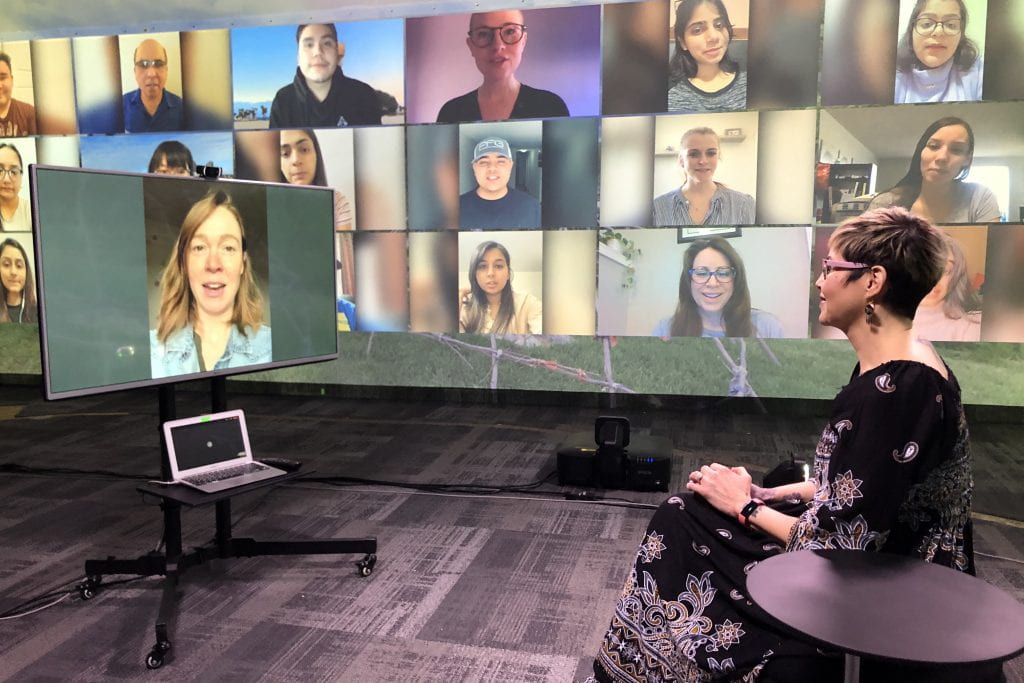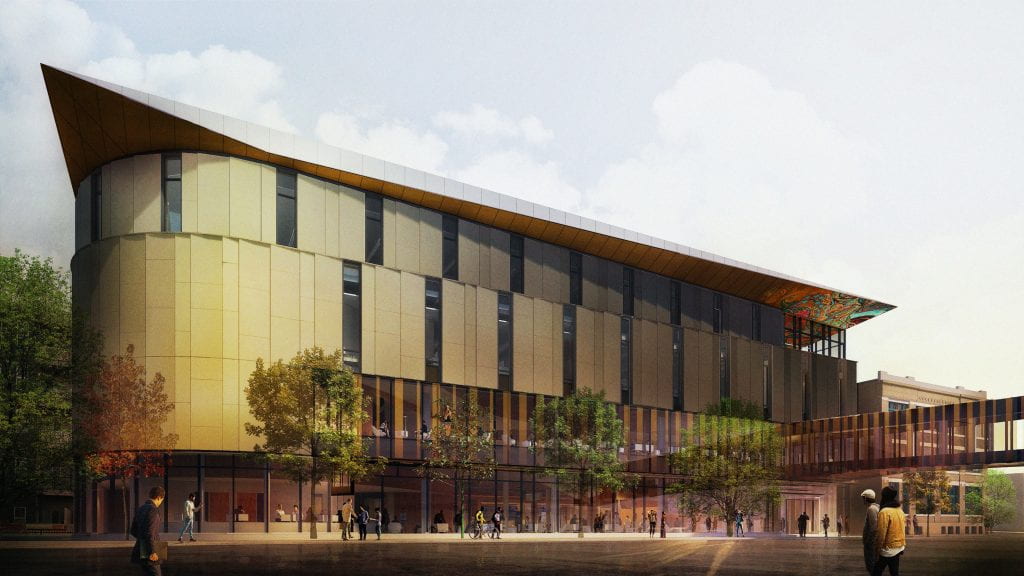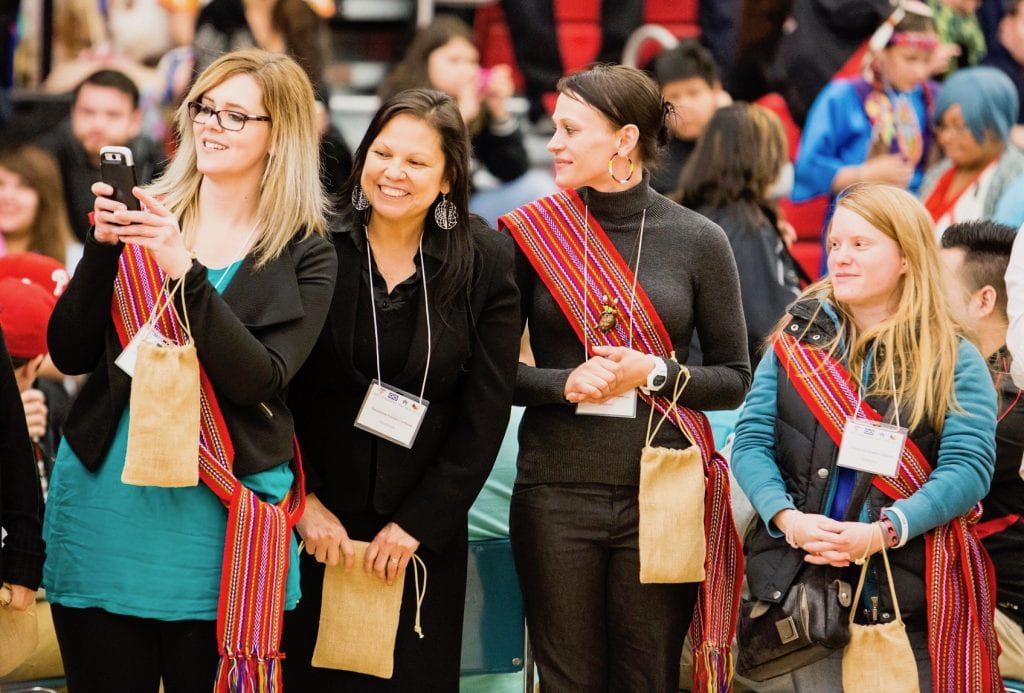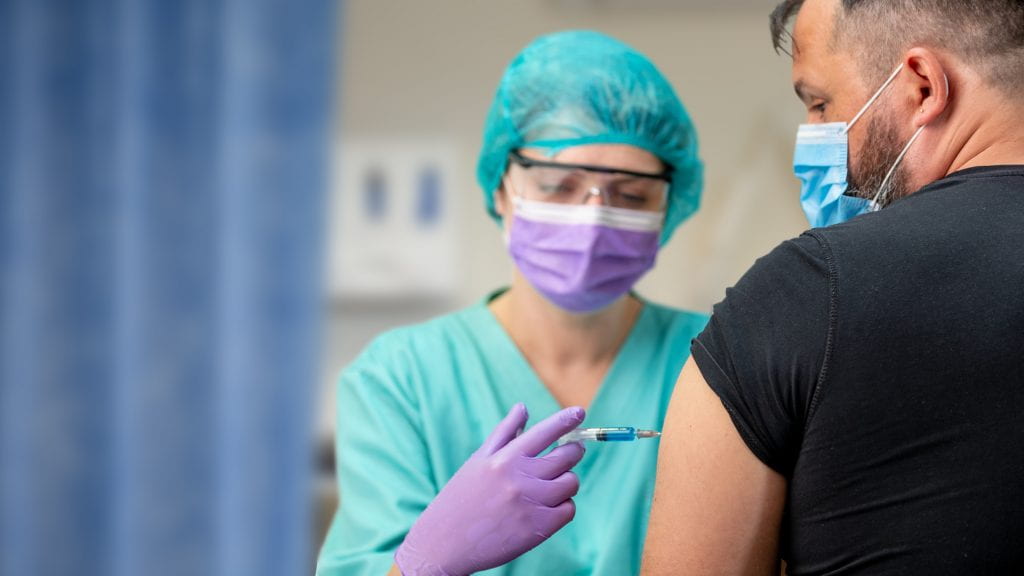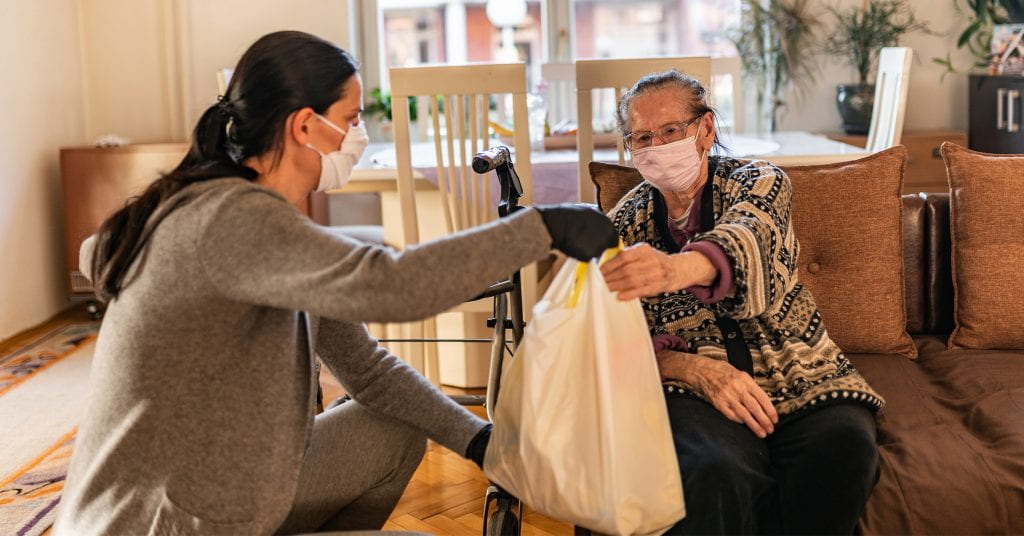Colleges partner to deliver workforce training in goods movement and supply chain sector
Four colleges from across Canada have partnered to support economic recovery in their regions through the launch of a new industry training program in the supply chain sector, funded by the Future Skills Centre and developed by Mohawk College’s City School initiative.
Nova Scotia Community College, Mohawk College, Red River College and Vancouver Community College have partnered to deliver the Material Handling 4.0 pilot program, designed to help people transition into careers in the supply chain sector.
The program builds upon the successful training model used by City School in Hamilton, combining industry-driven training, individualized student support and practical work experience to provide comprehensive training services to people who face barriers to employment and education.
Upon completion of the program, participants receive a micro-credential and employment services to help them successfully transition into long-term, stable employment.
The Material Handling 4.0 pilot program will provide participants with six weeks of industry-specific instruction and a two-week paid work placement, complete with wraparound supports such as child care, all required PPE and supplies for work safety, and referrals to support services (legal clinics, housing, health, etc.).
This program will provide training for 243 people across the four participating colleges. Mohawk begins its first local cohort of the program today, and the partner colleges will launch their cohorts starting in Fall 2021.
Future Skills Centre (FSC) announced an initial investment of $1.95 million in the first phase of the program at Mohawk College in 2020 to develop and establish the program in the Hamilton area. Today, it is announcing an additional $1.1 million to expand the program to the three additional communities across Canada.
“As we continue to recover from COVID-19, our government is helping jobseekers upskill and re-skill to fill in demand jobs. Mohawk College’s Material Handling 4.0 project is helping workers transition into new job opportunities within the supply chain sector,” says Carla Qualtrough, Minister of Employment, Workforce Development and Disability Inclusion. “Further investments through the Future Skills Centre will allow new partnerships to expand the project’s reach and continue this important work.” Read More →

